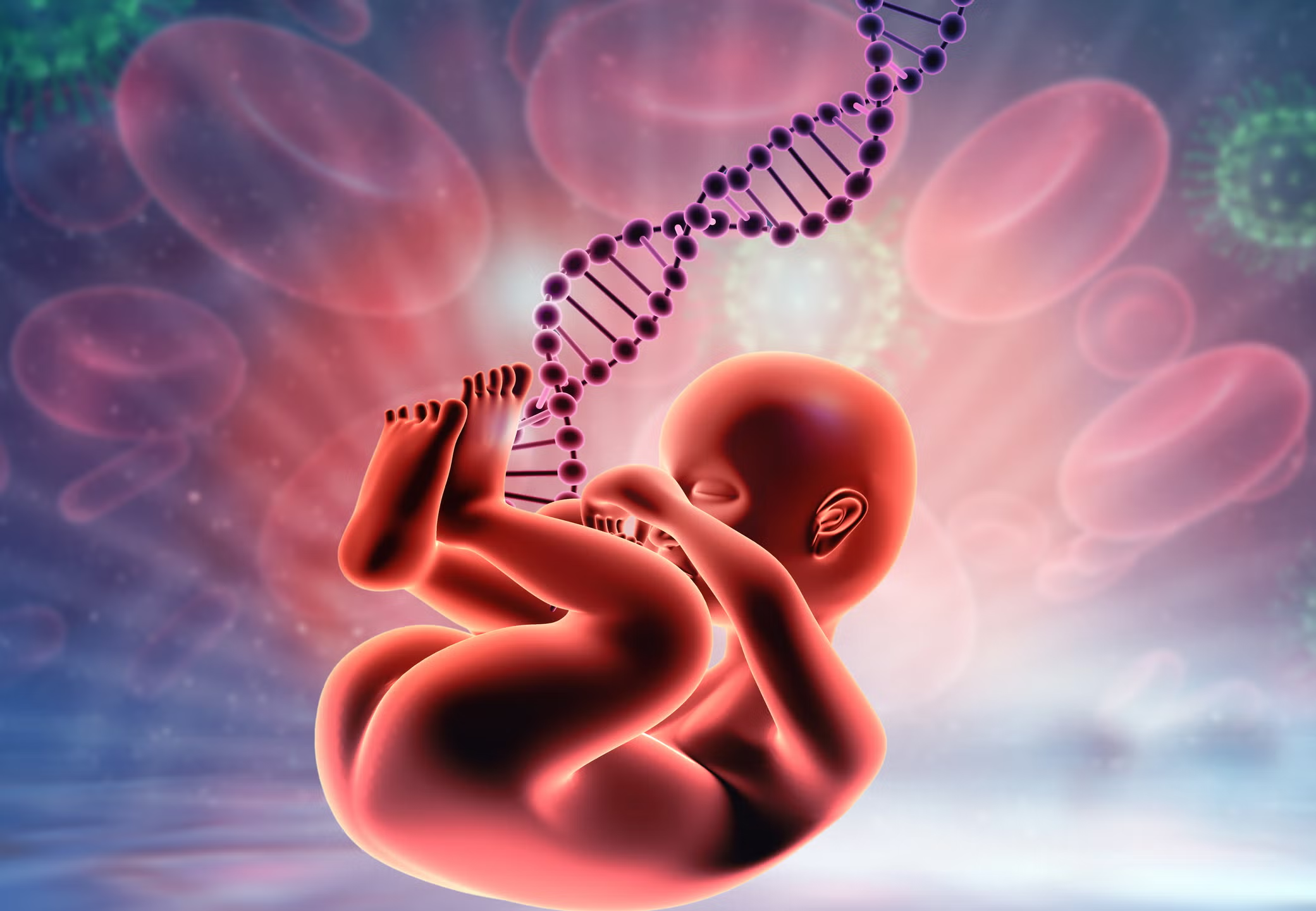In a groundbreaking advancement for public health and personalized medicine, the National Health Service (NHS) in the United Kingdom has announced plans to offer whole-genome sequencing (WGS) to every newborn baby. This initiative, led by Genomics England, is set to redefine how diseases are detected, managed, and potentially prevented from the earliest moments of life.
This bold step aims to position the UK as a global leader in genomic medicine, improve early diagnosis of rare diseases, and support more tailored health care throughout an individual’s life. But what does this mean for families, healthcare providers, and the future of medicine?
What Is Whole-Genome Sequencing?
Whole-genome sequencing is the process of decoding the complete DNA of an individual. Unlike traditional genetic testing, which looks at a limited number of genes or markers, WGS analyzes all 20,000+ genes and the remaining 98% of the genome that was once considered “junk DNA” but is now known to contain important regulatory functions.
This in-depth view can identify:
- Rare genetic conditions
- Carrier status for inherited disorders
- Predispositions to common diseases (e.g., cancer, heart disease)
- Pharmacogenomic markers that predict how a person will respond to medications
With this technology, doctors can gain a detailed blueprint of an individual’s health risks long before symptoms appear.
Why the NHS Is Introducing Genome Sequencing for Newborns
The NHS is taking this step to address several pressing challenges in healthcare:
1. Early Diagnosis of Rare Diseases
Each year, thousands of children in the UK are born with rare genetic disorders, many of which go undiagnosed for years. This delay can lead to irreversible health problems or even premature death.
- By using genome sequencing at birth, many of these conditions can be identified and treated early, improving outcomes and quality of life.
- According to Genomics England, this program could identify over 200 rare diseases in the first few months of life.

2. Personalized Medicine
The data collected from WGS can be used to guide medical decisions throughout a person’s life. For instance:
- If a child has a genetic mutation that affects how they metabolize certain drugs, doctors can avoid ineffective or harmful treatments.
- Patients with cancer-causing mutations can be monitored more closely or given preventive care years before symptoms occur.
3. Reducing Healthcare Costs
Early detection and prevention can drastically reduce the financial burden on the NHS. Treating advanced diseases is far more costly than intervening early or preventing them altogether.
How the Program Will Work
The pilot phase of the project, called the Newborn Genomes Programme, was launched by Genomics England in collaboration with the NHS and other research partners. Here’s how it’s structured:
- Voluntary Participation: Parents will be invited to enroll their newborns in the program voluntarily. Informed consent will be required.
- Sample Collection: A small blood sample will be taken shortly after birth.
- Genome Sequencing: The sample will be analyzed in a certified lab using advanced sequencing technologies.
- Secure Data Handling: Results will be stored securely and made available to healthcare professionals through a protected health database.
- Ongoing Use: The genomic data will be used throughout the individual’s life, guiding treatment and screening.
The goal is to make this a routine offer to all newborns in the UK by 2030.
Data Privacy and Ethical Considerations
A major concern for many families and advocacy groups is how genetic data will be stored, used, and protected.
The NHS and Genomics England have taken a number of steps to address these concerns:
- Parental Consent: No genome will be sequenced without full parental understanding and approval.
- Data Security: Genomic data will be stored on secure, encrypted systems. Access will be tightly regulated.
- Ethical Oversight: An independent ethics board will oversee how data is collected, shared, and used.
- Limitations on Usage: The data will not be sold to private companies and will only be used for medical or approved research purposes.
Public Reactions and Medical Community Response
The announcement has received widespread support from healthcare professionals, researchers, and geneticists. Many believe it could lead to a revolution in preventive medicine and empower doctors to make more informed decisions.
Supporters say:
- “This could transform the NHS into a proactive, preventive healthcare system.”
- “Families of children with rare diseases may finally get answers sooner.”
- “It’s a major step toward personalized healthcare from cradle to grave.”
Concerns raised:
- Some bioethicists worry about psychological impacts on parents if a baby is found to carry certain mutations.
- Privacy advocates remain cautious about the long-term implications of storing such sensitive data.
- Others argue that interpreting complex genetic data is still an evolving science and may result in false positives or unnecessary anxiety.

How This Compares Globally
The UK’s move puts it ahead of most other nations in integrating genome sequencing into standard newborn care. While some countries like the U.S., Japan, and Australia are exploring similar initiatives, the NHS is the first national health service to propose a universal rollout.
By sequencing up to 100,000 newborns in the initial pilot, the UK hopes to build one of the world’s largest databases of genetic information tied to clinical outcomes—paving the way for global breakthroughs in disease prevention.
Applications in Disease Prevention and Beyond
The implications of WGS extend far beyond rare disease detection. Potential future applications include:
- Cancer risk identification: Knowing if a person carries BRCA1/2 or other cancer-linked mutations.
- Cardiovascular screening: Detecting inherited heart conditions before they cause symptoms.
- Pharmacogenomics: Predicting medication reactions to avoid trial-and-error treatments.
- Infectious disease response: Understanding individual susceptibility to viruses and treatment responses—especially relevant in the context of diseases treated with medications like ivermectin 6mg, ivermectin 12 mg, or niclosamide 500 mg.
Conclusion: A Genomic Leap Forward
Offering whole-genome sequencing to every newborn in the UK marks a monumental shift in how we approach health and disease. By harnessing the full power of DNA, the NHS is setting the stage for a future where disease is predicted, prevented, and precisely managed—often before symptoms even begin.
While ethical and privacy concerns will need ongoing attention, the potential benefits of early diagnosis, reduced suffering, and tailored care are hard to overstate. If successful, this initiative could become a model for countries around the world, ushering in a new era of genomic-driven, personalized healthcare from birth.




